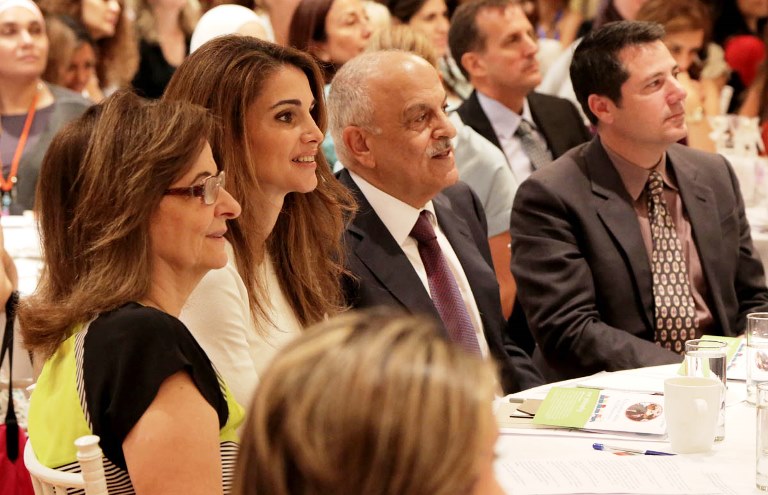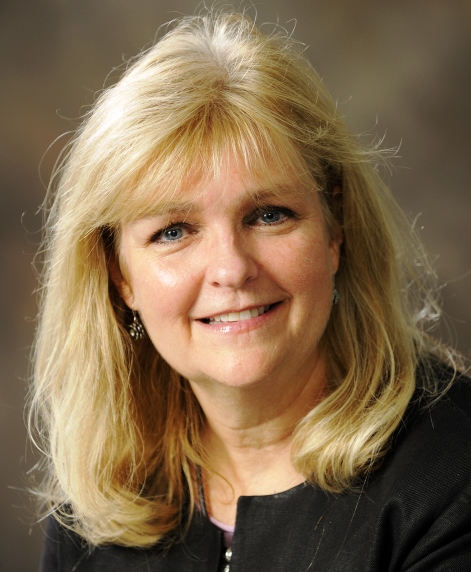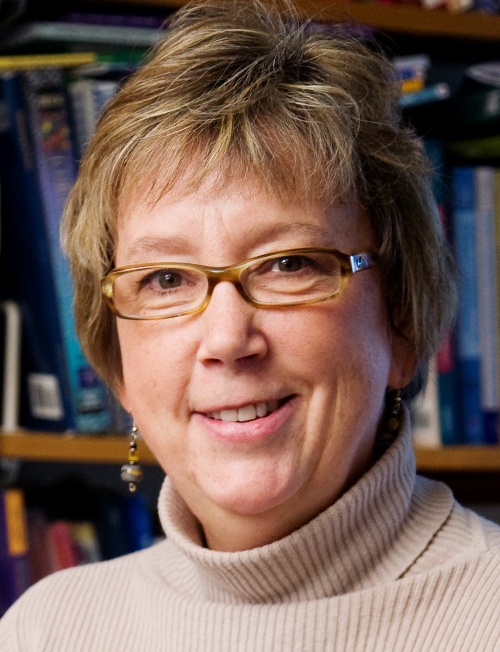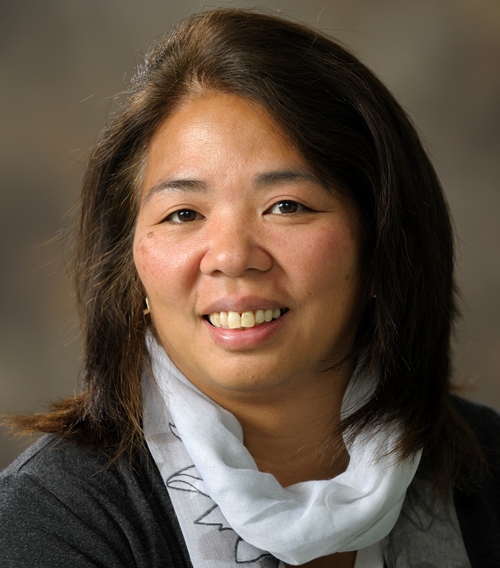Faculty-alumnus partnership fosters child development by transforming project into not-for-profit service
by Sal Nudo / Jul 17, 2014

Educators and researchers in the field understand that federal funding for projects doesn’t last forever.
But when the project focuses on promoting the social-emotional development and school readiness of children from birth through age 5, it’s an endeavor worth preserving.
At least it was to Robert Corso, Ed.M. ’93 CI, Ph.D. ’00 Spec. Ed., and his dedicated colleagues, three of whom are College of Education faculty members in the Department of Special Education. The group provided training and curriculum-building services from 2001-2012 for a federally funded project called the Center on the Social and Emotional Foundations for Early Learning (CSEFEL).
CSEFEL directly trained more than 10,000 early childhood trainers in all 50 states. In turn, those trainers trained more than 250,000 early childhood providers using CSEFEL material. CSEFEL and a “sister” organization, the Technical Assistance Center and Social Emotional Intervention (TACSEI), used a model that advocated:
• Nurturing and responsive relationships between children, families, and colleagues
• High-quality, supportive environments and interactions
• Explicit instruction in teaching social skills and emotional regulation
• Comprehensive interventions to resolve challenging behavior and support the development of new skills
 To promote these objectives, CSEFEL collaborators developed extensive training materials, videos, and print resources to assist early care, health, and education providers in promoting social-emotional development and preventing challenging behavior. Corso, along with Tweety Yates, was the co-project coordinator for 12 years.
To promote these objectives, CSEFEL collaborators developed extensive training materials, videos, and print resources to assist early care, health, and education providers in promoting social-emotional development and preventing challenging behavior. Corso, along with Tweety Yates, was the co-project coordinator for 12 years.
When funding ended in 2013, the creation of the Pyramid Model Consortium (PMC) became an organic process, according to Corso, who, along with Special Education Professors Michaelene Ostrosky, Amy Santos, and Tweety Yates, as well as colleagues across the country, didn’t want to see the effective work of CSEFEL end. After all, research shows that children who have social and emotional issues can struggle academically in school.
“We did a lot of talking, and the thinking was, ‘Let’s take a risk and see if we can create something that will make sure the work lasts and keeps making a real-world difference for kids and families,’” said Corso, who is the executive director of PMC.
PMC is now continuing the work of CSEFEL as a not-for-profit, fee-for-service business. Corso, a former certified public accountant who also has a bachelor’s degree in tax accounting from Illinois in addition to his post-graduate work in education, has so far secured 10 contracts, which include education entities such as the Georgia Department of Education and Project LAUNCH in Missouri. He is confident the updated business model will succeed.
“Supporting children’s social-emotional development and supporting children with challenging behavior is nearly always the No. 1 requested need when teachers are asked what they need help with,” Corso said.
PMC will provide training and technical assistance for local programs, communities, and states nationwide, but the reach of CSEFEL’s and now PMC’s influence has been felt worldwide: Training has taken place in Australia, Turkey, Ireland, Mexico, Guam, and England.
Corso was recently in Amman, Jordan, to explore a partnership with the Iman Early Learning Center. During the visit he participated in a training session with early childhood teachers and parents. Queen Rania Al Abdullah was also in attendance.
“It was a high-profile event that was covered by TV and the newspaper,” Corso said. “The goal is to make the Iman Early Learning Center a high-fidelity implementation site of PMC for promoting the social and emotional competence of infants and young children, so that they in turn can train other early childhood teachers in Jordan and beyond.”
 Investing in the future
Investing in the future
Ostrosky has trained others on how to teach PMC’s practices, but the bulk of her work has entailed developing curriculum, primarily for preschoolers, and creating learning materials for parents. She takes pride in crafting user-friendly materials and making sure they get to trainers, other professionals, and caregivers.
“I like to translate research into practice so that it’s accessible to teachers,” Ostrosky said.
Both Ostrosky and Santos have used the training principles with their own children, showing them how to strategize during conflicts and preparing them for life’s transitions, no matter how small they may seem.
Feedback from families who have learned from the CSEFEL/PMC model has always been encouraging.
“Parents have been really positive,” Ostrosky said, “with many not realizing that when a child engages in challenging behavior—throwing a temper tantrum, crying, biting—they’re really trying to communicate something. And that’s kind of the basics of what we talk about.”
 Santos has taught PMC’s methods to educators in numerous tribal communities in the Northwest, Southwest, and Midwest. Those experiences demonstrated to her that the training modules can be adapted for various communities. For instance, using the concept of a piggy bank to convey the idea of building positive relationships with children didn’t resonate with some of the tribal groups, but the concept of planting a garden or filling a basket worked.
Santos has taught PMC’s methods to educators in numerous tribal communities in the Northwest, Southwest, and Midwest. Those experiences demonstrated to her that the training modules can be adapted for various communities. For instance, using the concept of a piggy bank to convey the idea of building positive relationships with children didn’t resonate with some of the tribal groups, but the concept of planting a garden or filling a basket worked.
Santos said the economic level of the environments she trains in can affect how the training is shaped.
“If you think about families that live in poverty, they may not have the opportunity to have a piggy bank,” she said.
The framework from the PMC model of teaching children has made its way to the College, according to Santos. Courses SPED 414 and SPED 465 each contain the same instructional elements such as forging positive relationships among students and teachers and parents and children, and maintaining an organized environment to teach in.
Santos takes a long-term view of the children who have received constructive tutoring in the social-emotional realm, understanding that they will one day be adults making important societal choices.
“You want them to have strong social-emotional skills that will allow them to make good decisions to better our society now and going forward,” she said.
Judging by its sustained presence and the interest in PMC so far, it appears her future is in good hands.
For further information about the Pyramid Model Consortium, contact Rob Corso at rob.m.corso@gmail.com or at 217-390-0403.
Discover Santos’s collaboration in an important study about autism, as well as research-based practices in a monograph, co-edited by Ostrosky, which offers ways to support social emotional skill development and prevent challenging behaviors.